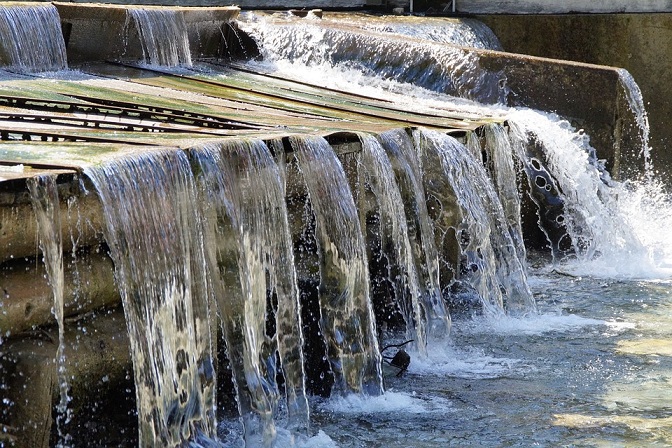Approximately 70% of the earth’s surface is covered with water, but a mere 3% of this is freshwater, and around two-thirds of it is frozen in glaciers and polar ice caps. A burgeoning population and an increasing move to urban areas, coupled with climate change, are stretching these resources to the limit.
This often leads to the building of new water infrastructure such as dams, in order to service these growing urban communities with sufficient drinking water and increased electricity production and irrigated agriculture. While this does contribute to economic development, food, and energy security, it can often come at a cost to nature and local livelihoods which depend on healthy ecosystems.
The new water infrastructure modifies river flows and alters the timing, quantity and quality of water flowing downstream, often to the detriment of local and invariably poor people. This needs to stop!
Under the ˜WISE-UP to climate’ project, which demonstrates natural infrastructure as a ˜nature-based solution’ for climate change adaptation and sustainable development, via work led by the International Water Management Institute (IWMI), WISE-UP is currently busy with a project in the Volta basin, where it aims to quantify the benefits from natural infrastructure.
The Volta River basin is shared between six countries in West Africa; it crosses a vast range of eco-climatic zones ranging from dry Sahelian climate in the north to humid tropical climate in the South. The generally flat basin and monsoon climate contribute to large scale seasonal flooding, which provides water for flood recession farming and riparian fishing.
The proposed Pwalugu dam area in the North of Ghana was conceived to contribute to Ghana’s economic and development needs through hydropower generation and to minimise destructive flooding, but it will also impact on the local natural infrastructure that supports rural livelihoods and downstream river flows.
Many of the local practices of these communities are put at risk by the construction of the multi-purpose Pwalugu dam, although it is also expected to improve water availability for irrigation during the dry season as well as provide jobs.
It is vital that any water infrastructure take everything into consideration and that new water infrastructure benefit all.
Purchase water coolers and mains water coolers from Living-Water.






